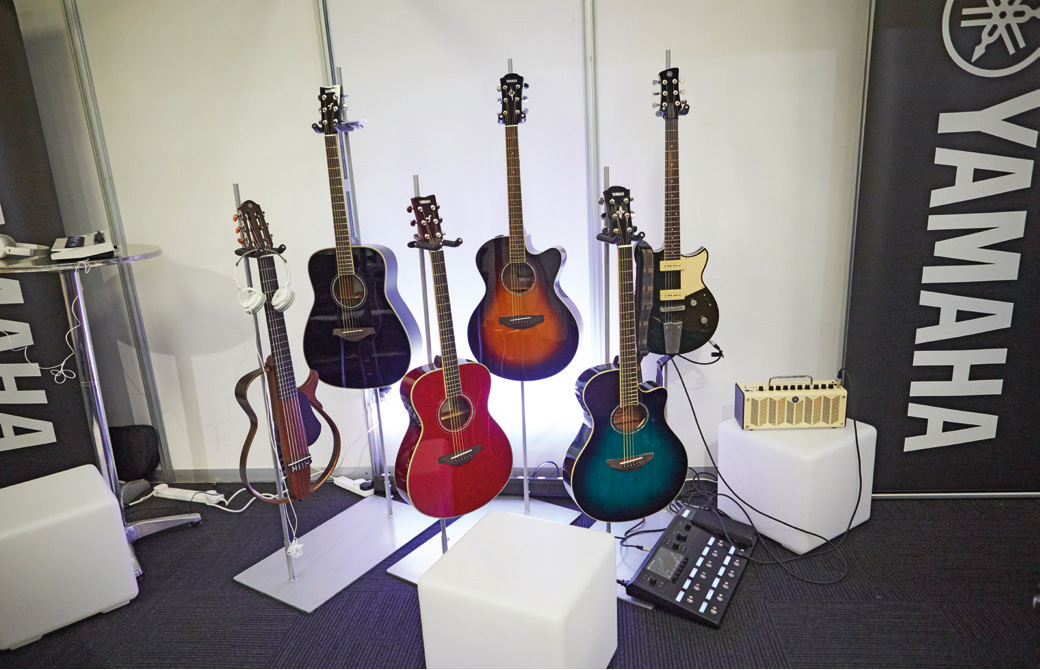
If your timetable is anything like mine, once your exam classes are off, you'll have a few extra hours in the week to deal with those jobs that have piled up during the last academic year – when you've barely had a chance to breathe, let alone service a keyboard. Here are a few tips to get you started.
Computers
Just like musical instruments, technology works better with regular maintenance and care. During the year, a computer in a music department might have several hundred different users, each creating their own login details and saving files to the machine. Even if your computers are very new and of an incredibly high specification (in which case, lucky you), this is still a lot of different users and files for the computer's indexing system to organise. Students, being students, won't always put their files in the correct places. You could easily end up with thousands of files saved locally.
This is why, every year towards the end of term, I go through each machine, remove everything from the shared desktop and documents folder and place them on an external drive. This way I have a backup of everything that has been created and no work has been lost, but it has been removed from the actual machines. I then store this for a year, and if no one has asked me for any of the work, I delete it completely and repeat the process. Obviously, this doesn't include assessed work and completed end-of-module assignments – these are submitted to Google Drive and stored for pupils’ entire school careers – so nothing important is lost in the process.
The next thing I do is a disk defragmentation. This indexes the entire hard drive, analyses where all the bits of files and projects are stored and then moves stuff around to ensure that it is all stored in the most rational way. This often increases both the speed and lifespan of computers which use a hard disk drive (HDD) but should not be used with computers that have a solid state drive (SSD) – if you're unsure, seek advice.
Obviously, if you are not that confident at doing any of this work, schools will have technicians who might be able to help you. But in doing these simple tasks yourself you at least relieve some pressure on the whole school, and at best will be the only person ensuring it ever gets done! There are YouTube tutorials to help you, and your local music hub might have a specialist available to support with music technology, something I do for schools in the South East.
Instruments
Most school music departments now have computers of some variety, but it is likely that you will have some other form of hardware alongside it. Whether this is keyboards, mixing desks or electric guitars, all of these devices have electrical components in them.
Although you may not be comfortable dismantling a keyboard and giving it a complete service (and I wouldn't recommend doing this unless you really know what you are doing) anyone can give devices a little TLC without too much knowledge or skill.
© ALEX DE PALMA PHOTOGRAPHY
Let's take an electric guitar as an example. These are actually surprisingly simply designed internally and only contain a few components, none of which are particularly complex. However, the volume controls and sockets can often become full of dirt and debris. By investing in a few cans of contact cleaner and compressed air, it is quite easy to reinvigorate potentiometers (the technical name for rotary controls). Use the compressed air canister to blow away the accumulated dust, twist the potentiometer a few times with a squirt of contact cleaner and then occasionally apply a lubricant to ensure continued movement. If you have a loose jack socket, these can normally be tightened quickly with a pair or pliers. None of this is complex and, again, there are dozens of tutorials online.
Although these jobs might take you out of your comfort zone, a well-maintained set of music technology equipment helps the teaching the rest of the year round. Additionally, basic servicing saves a lot of money in new equipment and repair bills – and most of the jobs require very little skill.








